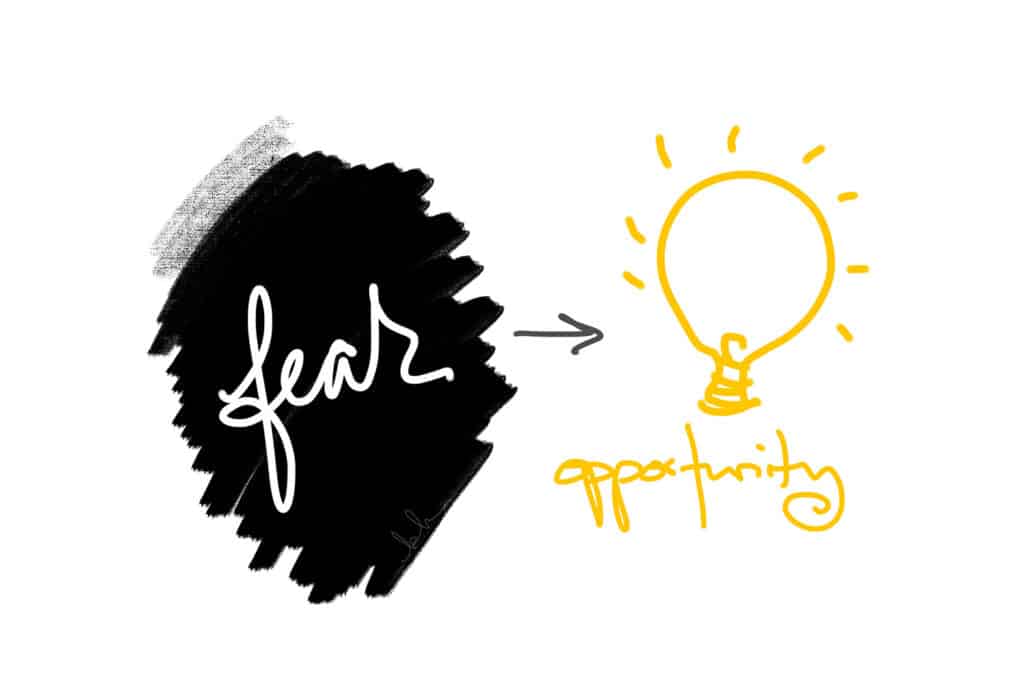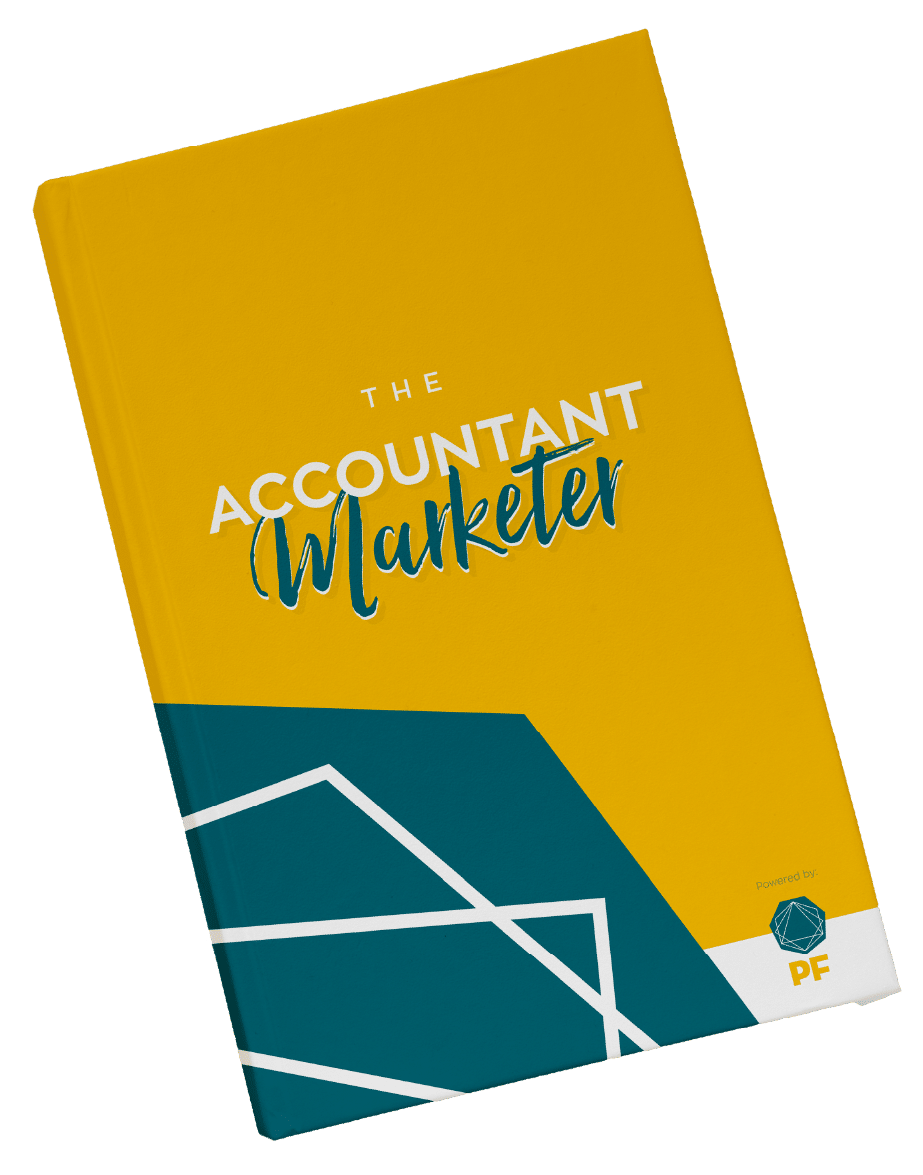`
A few weeks ago I had the privilege of literally watching someone go from “but this might not work” and all the reasons it was Too Much, to “ohhh this could be amazing actually!”
It was a perfect example of moving from making a decision based on the fears to making a decision based on the opportunities it presents.
The fears are still there. And most importantly, they’re valid.
But they aren’t ruling the roost anymore.
One of the things which helped the movement to begin to happen, was the kind of questions.
Open ended, curious, truly “wondering” questions. I like the word ‘wondering’ over ‘question’ sometimes because it reflects better the curiosity element. If I ask a question, our school-habits kick in and we start looking for “the answer”. Is this what you want? Is that?
But if I say “I’m wondering this…”, it gives room for the other person to wonder, too. Explore. Play with it a little. What would happen if we went this way? What about that way?
In this case it was an accounting firm owner who was considering getting some marketing training for her team. That’s often a hard mindset shift to make: both for the owner, and for their team members. The owner is thinking, but we need to use their time for the accounting work. There are only so many hours in the day. I have such a big team. Is this really the best use of that time?
And the team member could be thinking, this isn’t what I was hired to do. I’m an accountant, not a marketer. How does this make my job better? Why would I spend an hour learning about marketing when I’m not on the marketing team – or we don’t even have a marketing team?
Which are all excellent questions to ask: the difference is in what you do with those questions. How you hold them. How you wonder about them.
I agreed with this firm owner that it’s a big shift. Agreed that accountants beginning to include marketing in their education is new. Few (if any) accountants get their training and learn about the marketing side along the way. It’s why I wrote my book The Accountant Marketer. I firmly believe every accountant needs to understand how marketing impacts their job. If you’re the business owner it’s even more important, because the business’ marketing needs to reflect what it’s really like to work with your business. But if you’re a team member it’s still important because it impacts the kind of client you work with every day. The communications you have with them. The ease (or lack thereof) of the client relationship.
I agreed it was absolutely an option to put this off. There’s not enough time, it’s an hour per week for the whole team, they have other things to do. They could do it in September instead. Or not do it at all.
But then we asked, what if we did do it in February though? What might things look like – for her, for the team, for their marketing – by the end of May? What kind of thinking might the team begin to have during that time? How might it impact the business?
What happens if it’s good?
What will this investment look like then, on the other side?
I felt like I could literally see the wheels in her mind spinning around and beginning to land a little differently.
She talked about her new brand, and the year’s worth of effort and time and investment which had gone into strategically considering who they are as a business, and how to show that in their marketing. She thought about the impact it has had on her personally, as the owner…and then started to think about the impact it could have if the entire team were all on the same page. Learning the same kinds of things, together. Applying it to their firm and their marketing as a team.
Then she said, “Well, I have been thinking about how important the ‘soft skills’ are in our business, and how it’s my responsibility to help the team with those too. This is one of those skills, isn’t it?”
Marketing had moved from “something which will burden and confuse the team” to “something which will open up opportunities for them to be better”.
This movement can happen in a moment, or over months or years.
I’ve seen it in a few other conversations recently, too. One of the team was talking to an accountant who was considering joining the Accelerator coaching group, and they weren’t sure if they were ready. If now was the time. If it was the best investment. All good questions.
And then they mentioned they’d attended a free Masterclass we ran a few weeks ago, and how they got “a few nuggets” which were really helpful.
“Imagine if you had thirteen weeks of those nuggets”, our team member said. “What might that look like?”
Opportunity.
I’ve had fear-based conversations in my own head, too. I find myself dwelling on all the what-ifs or the nope-it-won’t-works. We’ve been going through the hiring process for a marketing strategist, and we sent an offer to the person who was the best fit for the role. Then we didn’t hear back straight away. Like, a WHOLE HOUR went by. How come they haven’t replied yet? I found myself obsessively checking my inbox…and then the fear kicks in. What if they don’t want the job after all? What if they said they were really keen but weren’t? What if, what if?
The fear-based thinking can be a default. It makes sense. We’re protecting ourselves, our business, our team. We look down. Close the windows. Bar the doors.
The opportunity-based thinking starts to appear when the curiosity kicks in. We’re seeing how this could expand things beyond where they are now. Help people move in new directions. We look up. Open the window or the door. Look out, look around.
The key is not to chastise yourself for the fear-based thinking. That’s only going to add more fears or more concern. Instead, let yourself have that space for the fears, because they’re valid. You’ve had a bad experience in the past. You care about what’s coming. You’ve got reason to bar the doors.
And then – either on your own, or get help from a coach or an advisor, someone you trust – try turning it around a little.
What if it did work?
What if I asked more of this team member?
What if we offered more and deeper services to this client, instead of reducing them?
How might that help them? Help me?
What if I said yes?
It doesn’t mean you’ll say yes to every opportunity. But it does mean you’ll be looking at it from a new angle.
While I was waiting for the offer letter to be signed, I remembered two or three other amazing PF team members who also took a few hours, or a day, to reply to the email or sign the offer letter. Months later I was talking to one of them about it. Laughing about our sudden panic and staring at the inbox. They laughed, too. “When I got the email, the first thing I did was go tell my family! And celebrate! And have a glass of wine! It was only later that I took the time to read through all the details and make sure everything was what I needed before properly signing.”
The person who got the offer letter replied the next day, signed the offer letter, is thrilled to join us. Opportunities abound.
What’s something you’re considering right now?



